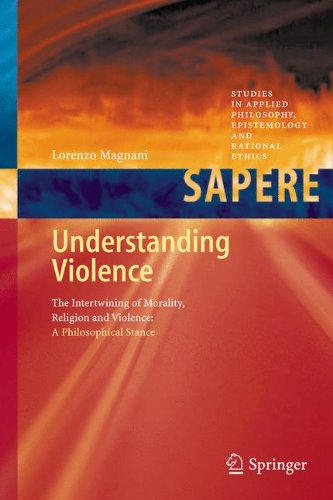

Most ebook files are in PDF format, so you can easily read them using various software such as Foxit Reader or directly on the Google Chrome browser.
Some ebook files are released by publishers in other formats such as .awz, .mobi, .epub, .fb2, etc. You may need to install specific software to read these formats on mobile/PC, such as Calibre.
Please read the tutorial at this link: https://ebookbell.com/faq
We offer FREE conversion to the popular formats you request; however, this may take some time. Therefore, right after payment, please email us, and we will try to provide the service as quickly as possible.
For some exceptional file formats or broken links (if any), please refrain from opening any disputes. Instead, email us first, and we will try to assist within a maximum of 6 hours.
EbookBell Team

5.0
100 reviewsThis volume sets out to give a philosophical “applied” account of violence, engaging with both empirical and theoretical debates in other disciplines such as cognitive science, sociology, psychiatry, anthropology, political theory, evolutionary biology, and theology. The book’s primary thesis is that violence, also understood as violence beyond the domain of physical harm, is inescapably intertwined with morality and typically enacted for “moral” reasons. To show this, the book compellingly demonstrates how morality operates to trigger and justify violence and how people, in their violent behaviors, can engage and disengage with discrete moralities. By employing concepts such as “coalition enforcement”, “moral bubbles”, “cognitive niches”, “overmoralization”, “military intelligence” and so on, the book aims to spell out how perpetrators and victims of violence systematically disagree about the very nature of violence. The author’s original claim is that disagreement can be understood naturalistically, described by an account of morality also informed by evolutionary perspectives.